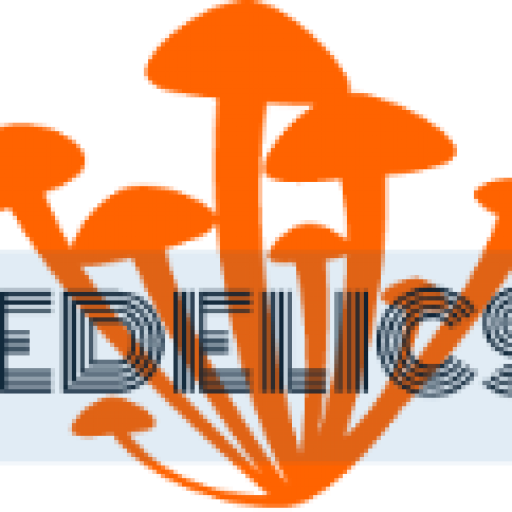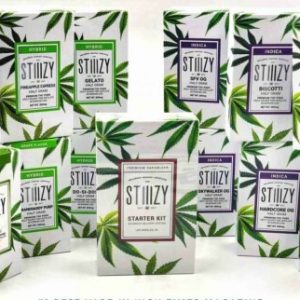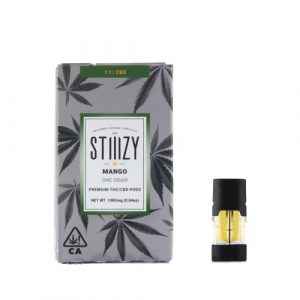DMT, N,N-Dimethyltryptamine is a chemical substance which happens in many plants and animals and which is both a derivative and a structural analog of tryptamine. It can be consumed as a psychedelic drug and has historically been prepared by various cultures for ritual purposes as an entheogen. Sometimes referred to as Dimitri, this drug produces effects similar to those of psychedelics, like LSD and more.
DMT
DMT
Exploring the Enigmatic World of the Spirit Molecule Introduction DMT, also known as N,N-Dimethyltryptamine, is a powerful psychedelic substance that has intrigued researchers, psychonauts, and spiritual seekers for decades. From its natural presence in certain plants to its synthetic form, DMT is known for inducing profound and otherworldly experiences. In this comprehensive article, we will delve into the history, effects, therapeutic potential, legal status, safety considerations, and cultural significance of DMT.
What is DMT: The Spirit Molecule
DMT is a naturally occurring compound found in certain plants and animals. It is also produced synthetically for research and recreational use. Often referred to as the "spirit molecule," DMT is known for its intense and short-lived psychedelic effects, leading to profound spiritual experiences and visions.
DMT Trip: A Journey Beyond Reality
DMT trips are characterized by vivid and complex visual hallucinations, a sense of time distortion, and a feeling of connecting with a higher consciousness. Users often describe encounters with entities and alternate dimensions during their experiences.
Different Forms of DMT
- 5-MeO-DMT: A related compound to DMT, 5-MeO-DMT, is known for its intense and ego-dissolving effects, leading to a sense of oneness with the universe.
- 4-AcO-DMT: A prodrug to psilocin, the active compound in magic mushrooms, 4-AcO-DMT produces similar effects to DMT and is often used for research purposes.
Therapeutic Potential of DMT
Although research on DMT's therapeutic potential is limited, some studies suggest that it may have benefits in treating depression, anxiety, and addiction. However, due to its potency and short duration, therapeutic use remains challenging.
Safety Considerations: Set and Setting
The DMT experience can be overwhelming, and proper set (mindset) and setting (environment) are crucial for a positive and safe journey. Having a trusted guide, being in a comfortable space, and approaching the experience with intention are vital factors for a successful trip.
The Legal Status of DMT
The legal status of DMT varies from country to country. In many places, DMT is classified as a Schedule I controlled substance, making its possession, distribution, and use illegal.
Cultural and Spiritual Significance
DMT has been used for centuries in traditional South American shamanic ceremonies, particularly in the form of ayahuasca. The brew is believed to facilitate healing, spiritual insights, and communication with higher realms.
Misconceptions and Myths
There are many misconceptions surrounding DMT, including the idea that it is produced by the pineal gland during dreaming or near-death experiences. These claims lack scientific evidence and are often regarded as urban legends.
Conclusion
DMT is a potent and mysterious substance that continues to captivate the human psyche. Its ability to induce awe-inspiring experiences and open doors to altered states of consciousness has made it a subject of scientific curiosity and spiritual exploration. As research into DMT and its therapeutic potential advances, it is crucial to approach this substance with caution, respect, and responsible use. Whether viewed as a tool for spiritual growth or a subject of scientific inquiry, DMT's enigmatic nature will undoubtedly continue to intrigue and inspire individuals in their quest for understanding the mysteries of the mind and consciousness.








